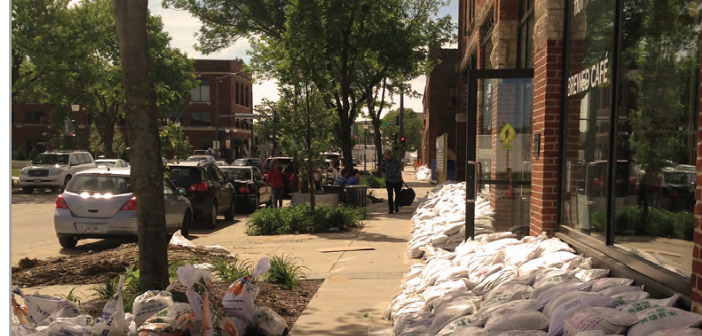Every year, people and communities across the United States experience disasters and major disruptions. These can be the result of damaging weather events, such as hurricanes, tornadoes, or floods, or of the decline of a significant industry or closure of a major employer. They can also be caused by the outbreak of infectious diseases, acts of terrorism, technological mishaps, or financial meltdowns. The financial, social, and environmental costs of these disasters continue to rise, and represent substantial drains on governments, businesses, and communities, and on the nation as a whole.
The NADO Research Foundation has released Planning for a More Resilient Future: A Guide to Regional Approaches, a report that summarizes the rapidly-growing body of research on resilience, describing the main ideas that are driving policy and practice across the country and examining current thinking on regional and economic resilience. It is intended for regional development organizations (RDOs) as well as local governments, community foundations, voluntary organizations, and others who step forward as planners, conveners, organizers, fundraisers, mediators, coordinators, and advocates on behalf of communities impacted by, or at risk of being impacted by, disasters, natural and human-induced.
See http://www.planningforresilience.com/ to view this publication and other online resources.
